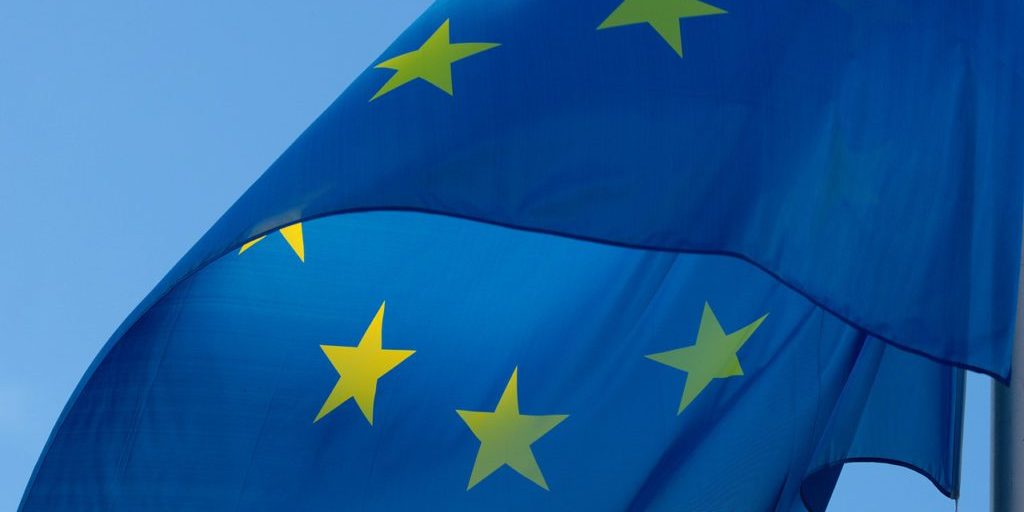
How the French presidency can deliver for European workers
As Emmanuel Macron outlines his presidency priorities, a just transition must be central to French efforts.

On December 9th, French President Emmanuel Macron unveiled the priorities of the upcoming French Presidency of the Council of the European Union. Beginning its six-month period on January 1st, President Macron announced that the French motto for their term will be “Recovery, power, belonging”.
Digitalisation and the green transition have been earmarked as two issues that the French Presidency will tackle, with Macron looking to "transform Europe into a digital power". While the Digital Markets Act and Digital Services Act are two landmark documents in enabling a just digital transition, the Commission’s recently released Proposal for a Directive on improving working conditions in platform work must receive the support of the French presidency. The protection of workers from exploitation by large companies will be a certain component in the delivery of a digital Europe.
Re-skilling and upskilling will undoubtedly play a significant part of our green and digital transitions. We can expect the French presidency to push for a pan-European Individual Learning Account (ILA), enabling workers to adapt to the many challenges facing the ever-changing world of work. While this would be a welcomed move, we need further investment in skills and research throughout Europe, providing professionals and managers with the necessary tools to deliver a carbon-neutral, digitalised economy. A just transition will require strong political-will to protect our workforce, which must see the French presidency place workers needs ahead of the profits of multinationals.
The French presidency must also dedicate resources to delivering on a truly social Europe, battling the mental-health epidemic that has spread throughout the bloc. Delivering a directive on psychosocial risks, investing in prevention and treatment aids and introducing targets for companies to protect their employees will be central to alleviating the burden placed on millions on Europeans. The desire to advance the directive on the minimum wage in Europe, mentioned by Prime Minister Jean Castex in August, is a terrific initiative which must be followed through with following the agreement on positions of both the European Parliament and Council.
While the presidency system will undoubtedly be disrupted by the French elections, there is potential for significant achievements between January and July 2022. While President Macron has focused on migration and Europe’s place in the geopolitical landscape, the French term will be judged by what it can deliver for European citizens. With workers placed in the centre of efforts to decarbonise and digitalise our economy, all while improving Europe’s social model, we are optimistic that key legislative initiatives can be passed in this period.
